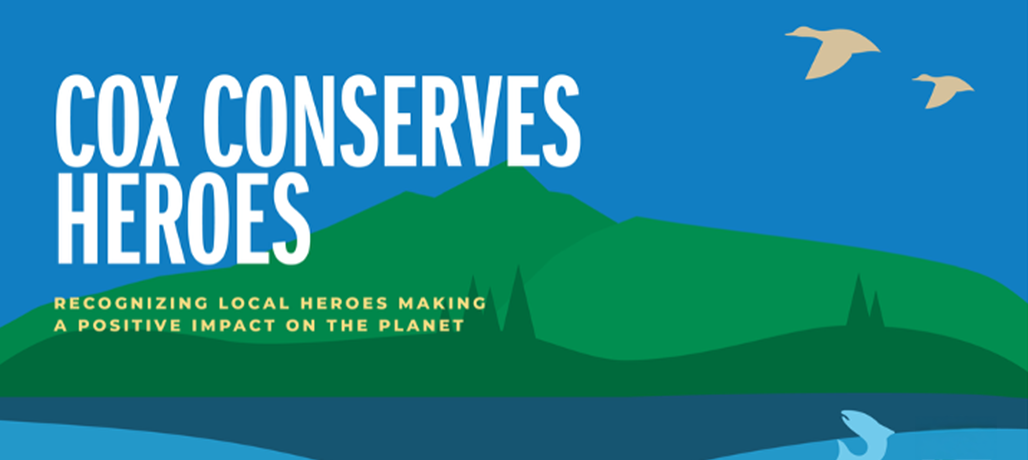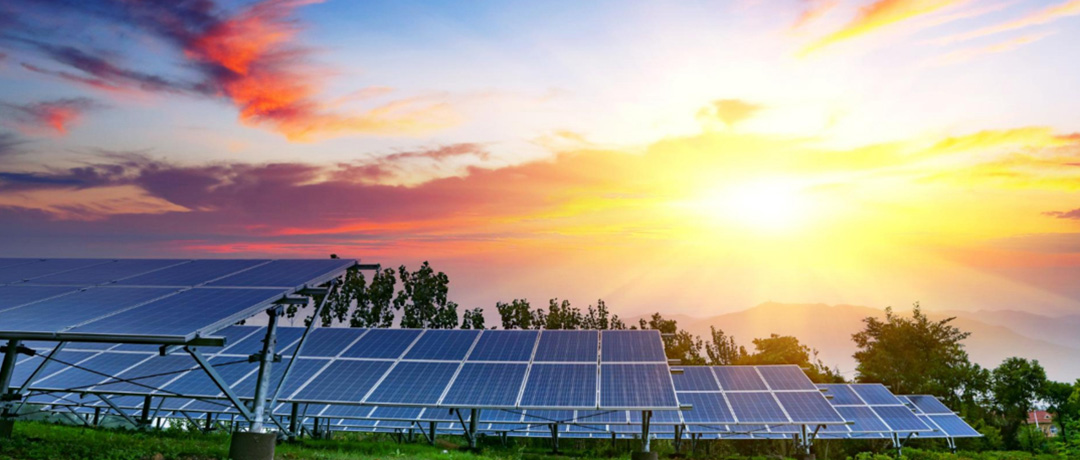
The James M. Cox Foundation
The James M. Cox Foundation, named after our founder, provides philanthropic support for nonprofit organizations in communities where Cox Enterprises does business.
The foundation concentrates its support, which includes requests for capital campaigns and special projects, in the following priority areas: Conservation and environment; Early childhood education (birth to 5 years); Empowering families and individuals for success; and Health.
Sustainability: Cox Conserves
Cox Conserves is our national sustainability program, which was launched in 2007 by Jim Kennedy, Chairman Emeritus and Chairman, James M. Cox Foundation. Cox Conserves focuses its priorities on energy conservation, water conservation, waste diversion and recycling and community engagement.
With ambitious goals, Cox is on a journey to become a more sustainable company.


Cox Conserves Heroes
Cox Conserves Heroes is part of our national sustainability initiative, designed to recognize youth and adult volunteers, plus nonprofits, making a positive impact on our environment.
The Heroes are actively reducing or reusing carbon/energy and water, or are minimizing waste sent to landfills, in line with our own sustainability goals.
Social Goal: 34 by 34
Our social impact initiative aims to remove obstacles and expand access to programs to help 34 million people live more prosperous lives by 2034.
From bridging the digital divide to addressing social equity and environmental sustainability challenges, we’re committed to growing the good in the communities we serve, one action at a time.


Our Collective Impact Report
Together, we are dedicated to innovating and working to make the world a better place. We focus our collective impact and commitments on three areas: Caring for People, Protecting the Planet and Innovating for Impact.
Discover Cox’s social and environmental impact and the ways we’re taking action to meet our goals.
Employee Actions
We believe in rolling up our sleeves and getting to work in the communities we serve and call home. Through conservation efforts, contributions and community volunteerism, our nearly 50,000 employees take thousands of actions each year to improve our environment and empower individuals in our community.


Impact Hub
Our decisions are guided by our integrity and ethics, our values and our commitment to being a trusted partner. We’re committed to taking care of our employees, serving our customers and improving the quality of life in the communities we serve. Our Impact hub has a library of applicable resources and documents.
Inclusion
Inclusion is an essential part of our culture and business strategy. We thrive on what makes us different and encourage our people to champion inclusion and celebrate each other’s unique abilities and perspectives.
